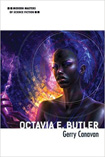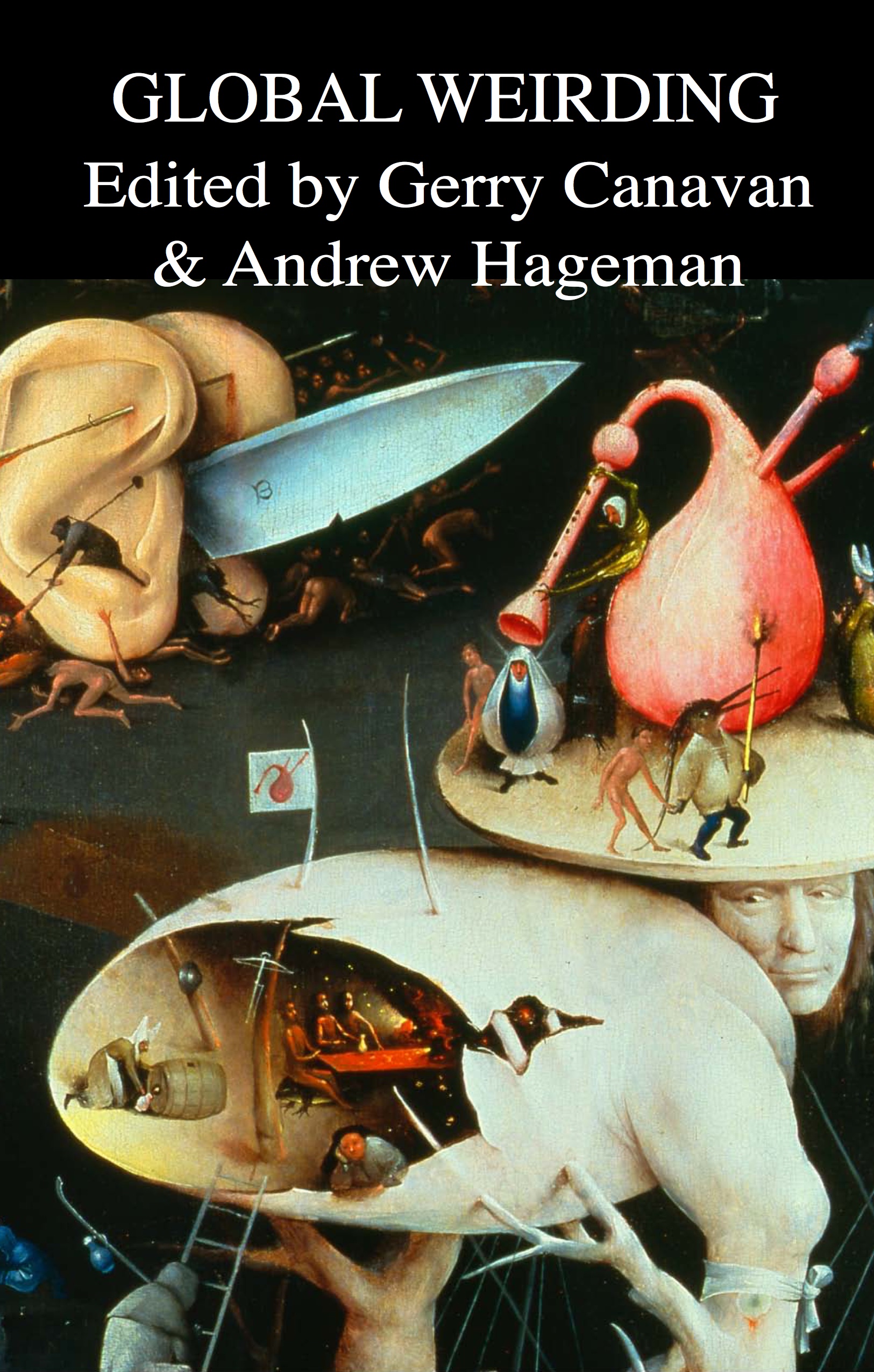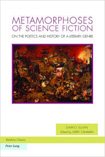Žižek v. ‘Avatar’
This does not mean, however, that we should reject Avatar on behalf of a more “authentic” acceptance of the real world. If we subtract fantasy from reality, then reality itself loses its consistency and disintegrates. To choose between “either accepting reality or choosing fantasy” is wrong: if we really want to change or escape our social reality, the first thing to do is change our fantasies that make us fit this reality. Because the hero of Avatar doesn’t do this, his subjective position is what Jacques Lacan, with regard to de Sade, called le dupe de son fantasme.
This is why it is interesting to imagine a sequel to Avatar in which, after a couple of years (or, rather, months) of bliss, the hero starts to feel a weird discontent and to miss the corrupted human universe. The source of this discontent is not only that every reality, no matter how perfect it is, sooner or later disappoints us. Such a perfect fantasy disappoints us precisely because of its perfection: what this perfection signals is that it holds no place for us, the subjects who imagine it.
Slavoj Žižek begins with something not entirely unlike my “war of genres” analysis of Avatar and goes someplace pretty interesting with it:
At the same time as Avatar is making money all around the world (it generated $1bn after less than three weeks of release), something that strangely resembles its plot is taking place. The southern hills of the Indian state of Orissa, inhabited by the Dongria Kondh people, were sold to mining companies that plan to exploit their immense reserves of bauxite (the deposits are considered to be worth at least $4trn). In reaction to this project, a Maoist (Naxalite) armed rebellion exploded.
Arundhati Roy, in Outlook India magazine, writes that the Maoist guerrilla army:
is made up almost entirely of desperately poor tribal people living in conditions of such chronic hunger that it verges on famine of the kind we only associate with sub-Saharan Africa. They are people who, even after 60 years of India’s so-called independence, have not had access to education, health care or legal redress. They are people who have been mercilessly exploited for decades, consistently cheated by small businessmen and moneylenders, the women raped as a matter of right by police and forest department personnel. Their journey back to a semblance of dignity is due in large part to the Maoist cadres who have lived and worked and fought by their sides for decades. If the tribals have taken up arms, they have done so because a government which has given them nothing but violence and neglect now wants to snatch away the last thing they have – their land . . . They believe that if they do not fight for their land, they will be annihilated . . . their ragged, malnutritioned army, the bulk of whose soldiers have never seen a train or a bus or even a small town, are fighting only for survival.
The Indian prime minister characterised this rebellion as the “single largest internal security threat”; the big media, which present it as extremist resistance to progress, are full of stories about “red terrorism”, replacing stories about “Islamist terrorism”. No wonder the Indian state is responding with a big military operation against “Maoist strongholds” in the jungles of central India. And it is true that both sides are resorting to great violence in this brutal war, that the “people’s justice” of the Maoists is harsh. However, no matter how unpalatable this violence is to our liberal taste, we have no right to condemn it. Why? Because their situation is precisely that of Hegel’s rabble: the Naxalite rebels in India are starving tribal people, to whom the minimum of a dignified life is denied.
So where is Cameron’s film here? Nowhere: in Orissa, there are no noble princesses waiting for white heroes to seduce them and help their people, just the Maoists organising the starving farmers. The film enables us to practise a typical ideological division: sympathising with the idealised aborigines while rejecting their actual struggle. The same people who enjoy the film and admire its aboriginal rebels would in all probability turn away in horror from the Naxalites, dismissing them as murderous terrorists. The true avatar is thus Avatar itself – the film substituting for reality.
Along the way he gives a lovely one-sentence analysis of Titanic as well:
At this moment the ship hits the iceberg, in order to prevent what would undoubtedly have been the true catastrophe, namely the couple’s life in New York.










He lost me here:
… the October Revolution, arguably the most traumatic historical event of the 20th century
Say what??
And as for this:
The same people who enjoy the film and admire its aboriginal rebels would in all probability turn away in horror from the Naxalites, dismissing them as murderous terrorists.
What a bizarre generalization! As is obvious from the enormous box office receipts, a great number of people saw Avatar. Not all of those people enjoyed it, but going from the ratings on IMDB, the percentage who did is fairly high. And those people are not identical in their nationalities, races, political beliefs, or values. So his off the cuff dismissal of the possibility that someone could appreciate the film without being a hypocritical asshole is deeply insulting.
Therem
March 5, 2010 at 8:11 pm
[…] a comment » Despite having written about it, Žižek now says he hasn’t actually seen Avatar. But take heart, true believers: […]
I Think One of Us Is Doing This Wrong « Gerry Canavan
April 14, 2010 at 10:02 am